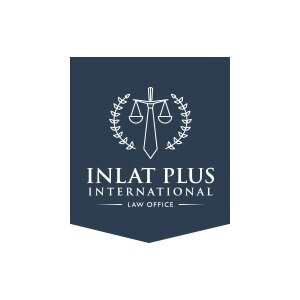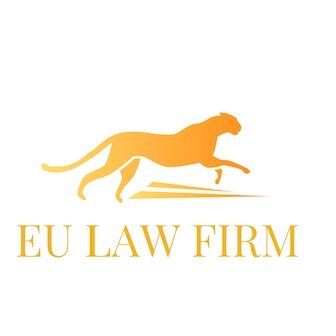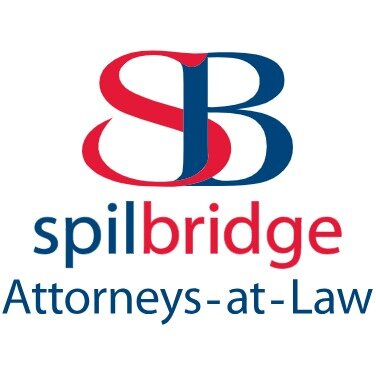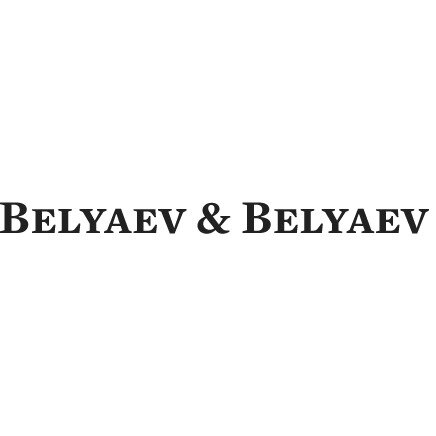Best Structured Finance Lawyers in Latvia
Share your needs with us, get contacted by law firms.
Free. Takes 2 min.
Or refine your search by selecting a city:
List of the best lawyers in Latvia
About Structured Finance Law in Latvia
Structured finance refers to complex financial transactions designed to manage risk and facilitate access to capital. In Latvia, structured finance instruments commonly include securitizations, syndicated lending, asset-backed securities, and other custom financial vehicles. These structures help businesses and investors optimize capital, achieve liquidity, or manage risk using legal and financial engineering techniques. Latvian structured finance law is influenced by European Union regulations, ensuring cross-border compatibility while adhering to local legal frameworks.
Why You May Need a Lawyer
Structured finance transactions can be technically complex and involve significant legal, regulatory, and tax implications. You may need a lawyer if you are:
- Setting up or participating in a securitization or collateralized loan structure
- Engaged in a syndicated lending agreement or seeking project finance solutions
- Purchasing or selling asset-backed securities or other structured financial products
- Advising institutional clients, banks, or asset managers about risk management structures
- Ensuring compliance with Latvian and EU regulatory requirements
- Negotiating complex financing agreements or resolving structured finance disputes
- Establishing special purpose vehicles (SPVs) or evaluating tax consequences
Lawyers help structure deals, draft documents, conduct due diligence, provide regulatory guidance, and minimize legal risks.
Local Laws Overview
Structured finance in Latvia is governed by national legislation and EU directives such as MiFID II, the Prospectus Regulation, and the Securitization Regulation. Key elements of the legal framework include:
- The Civil Law of the Republic of Latvia - Governs contracts, loans, and general obligations
- The Law on Financial Instruments Market - Regulates public offerings, trading, and disclosure
- The Credit Institution Law - Covers banking activities and lending syndicates
- The Securitization Law (aligned with the EU Securitization Regulation) - Lays down requirements for securitized products and SPVs
- Tax Laws - Address VAT, corporate income tax, and withholding taxes affecting structured finance products
- Anti-Money Laundering Regulations - Impose compliance standards and client due diligence
Latvia’s regulatory environment, combined with EU rules, aims to protect investors, enhance transparency, and prevent market abuse in structured finance transactions.
Frequently Asked Questions
What is structured finance?
Structured finance is a form of financial arrangement that involves pooling various assets and using complex legal structures to distribute risk and provide financing.
Is structured finance legal in Latvia?
Yes, structured finance is legal in Latvia when conducted in accordance with national laws and relevant EU directives.
Who regulates structured finance products in Latvia?
The Financial and Capital Market Commission (FCMC) is the main regulatory authority overseeing structured finance activities in Latvia.
Do cross-border structured finance transactions require special attention?
Yes, cross-border deals often involve additional legal, tax, and regulatory considerations under both Latvian and EU law.
Can individuals invest in structured finance products?
Generally, structured finance instruments are designed for institutional investors, though some products may be available to high-net-worth individuals subject to regulatory requirements.
What is a Special Purpose Vehicle (SPV) and why is it used?
An SPV is a separate legal entity created to isolate financial risk, typically used to hold assets or facilitate structured transactions.
How are structured finance transactions taxed in Latvia?
Tax treatment depends on the structure, parties, and type of asset involved. Both Latvian corporate tax rules and EU tax directives may apply.
What legal documents are needed in structured finance deals?
Typical documents include loan agreements, offering memoranda, trust deeds, security agreements, and disclosures required under financial regulation.
Are there risks associated with structured finance?
Risks include credit risk, market risk, legal and regulatory compliance issues, and the complexity of financial structures themselves.
How can a lawyer help with structured finance in Latvia?
A lawyer can advise on transaction structure, draft and negotiate documents, provide regulatory guidance, and ensure compliance with Latvian and EU law.
Additional Resources
- Financial and Capital Market Commission (FCMC) - Supervisory authority for financial markets in Latvia
- Latvian Central Bank - Provides regulatory guidance and economic insights
- Latvian Chamber of Commerce and Industry - Offers guidance on business and finance matters
- European Securities and Markets Authority (ESMA) - For EU-wide regulations affecting structured finance
- Latvian Bar Association - Find licensed lawyers specializing in structured finance and commercial law
Next Steps
If you need legal assistance with structured finance in Latvia, consider the following steps:
- Identify your specific needs or the transaction you plan to undertake
- Consult with a lawyer specializing in structured finance or financial regulation
- Prepare relevant documents and information about your assets or business
- Schedule an initial consultation to discuss your goals and legal strategies
- Ensure that your legal advisor has experience with both Latvian and EU financial laws
- Stay informed about regulatory changes that may affect your structured finance activities
Seeking expert legal advice at the outset can help you navigate the complexities of structured finance in Latvia and achieve your financial objectives securely and efficiently.
Lawzana helps you find the best lawyers and law firms in Latvia through a curated and pre-screened list of qualified legal professionals. Our platform offers rankings and detailed profiles of attorneys and law firms, allowing you to compare based on practice areas, including Structured Finance, experience, and client feedback.
Each profile includes a description of the firm's areas of practice, client reviews, team members and partners, year of establishment, spoken languages, office locations, contact information, social media presence, and any published articles or resources. Most firms on our platform speak English and are experienced in both local and international legal matters.
Get a quote from top-rated law firms in Latvia — quickly, securely, and without unnecessary hassle.
Disclaimer:
The information provided on this page is for general informational purposes only and does not constitute legal advice. While we strive to ensure the accuracy and relevance of the content, legal information may change over time, and interpretations of the law can vary. You should always consult with a qualified legal professional for advice specific to your situation.
We disclaim all liability for actions taken or not taken based on the content of this page. If you believe any information is incorrect or outdated, please contact us, and we will review and update it where appropriate.
Browse structured finance law firms by city in Latvia
Refine your search by selecting a city.
















